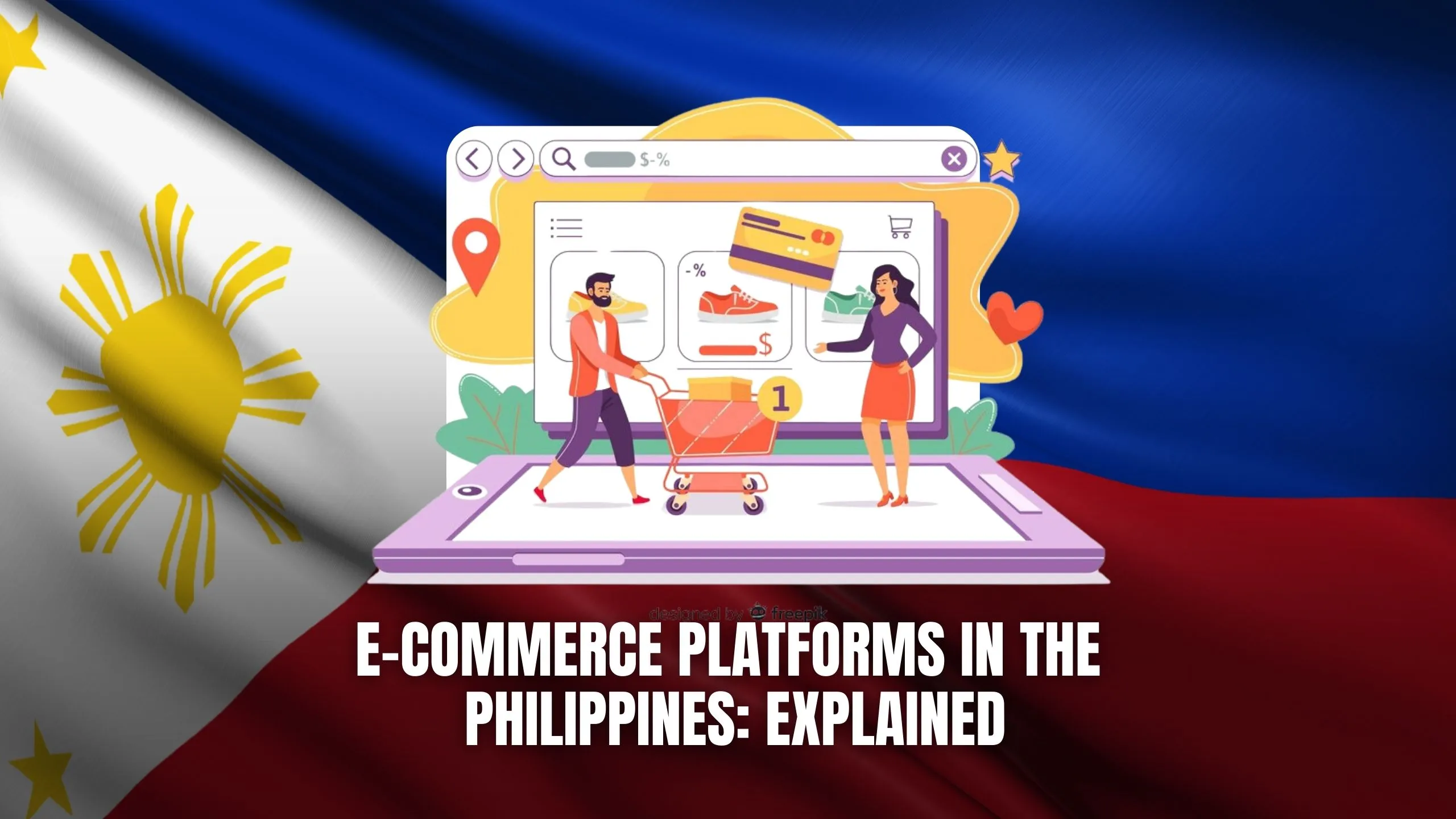E-commerce Platforms in the Philippines: Explained


E-commerce Platforms in the Philippines: Explained
E-commerce in the Philippines has witnessed exponential growth in recent years, driven by factors such as increasing internet penetration, a burgeoning middle class, and the rise of digital payments. In this comprehensive guide, we delve into the landscape of e-commerce platforms in the Philippines, exploring key players, market trends, and the evolving consumer behavior shaping the industry.
The E-commerce Boom in the Philippines
The Philippines has emerged as one of the fastest-growing e-commerce markets in Southeast Asia, fueled by a young and tech-savvy population. With a rapidly expanding internet user base, more Filipinos are turning to online shopping for convenience and accessibility.
Leading e-commerce platforms like Lazada and Shopee have capitalized on this trend, offering a wide range of products, seamless user experiences, and innovative features tailored to the local market.
Key Players in the Philippine E-commerce Landscape
1. Lazada
Lazada, owned by Alibaba Group, is one of the largest and most popular e-commerce platforms in the Philippines. With a vast product selection, competitive pricing, and reliable delivery services, Lazada has established itself as a go-to destination for online shoppers.
2. Shopee
Shopee has rapidly gained traction in the Philippine e-commerce scene, thanks to its user-friendly interface, extensive promotional campaigns, and secure payment options. Its mobile-first approach resonates well with Filipino consumers, driving significant growth and market share.
3. Zalora
Specializing in fashion and lifestyle products, Zalora caters to the style-conscious Filipino consumer. With a focus on trendy apparel, footwear, and accessories, Zalora offers a seamless shopping experience and convenient delivery options.
4. Carousell
Carousell, a leading online marketplace, connects individuals and small businesses to buy and sell various products easily. Its user-friendly app interface and community-driven approach make it popular among Filipino sellers and buyers alike.
5. Shopify
Shopify empowers entrepreneurs to set up their own e-commerce stores with ease, offering customizable templates, secure payment options, and integrated marketing tools. With its user-friendly interface and robust features, Shopify is an ideal solution for Filipino businesses looking to establish an online presence.
The Future of E-commerce in the Philippines
As internet connectivity continues to improve and digital infrastructure evolves, the e-commerce landscape in the Philippines is poised for further growth and innovation. Amid rising competition and changing preferences, e-commerce platforms must innovate and adapt to stay ahead in this dynamic market.
Conclusion
The e-commerce industry in the Philippines is experiencing unprecedented growth, driven by factors such as rising internet penetration and shifting consumer behaviors. As leading platforms like Lazada, Shopee, and Zalora continue to innovate and expand their offerings, the future looks promising for online shopping in the Philippines.
Transform Your E-commerce Experience with Subscribed.fyi!
Looking to optimize your e-commerce operations? Subscribed.fyi offers exclusive deals on essential SaaS tools, including e-commerce platforms and management solutions. Sign up for free to unlock savings on top e-commerce tools and streamline your online business operations.
Relevant Links:








